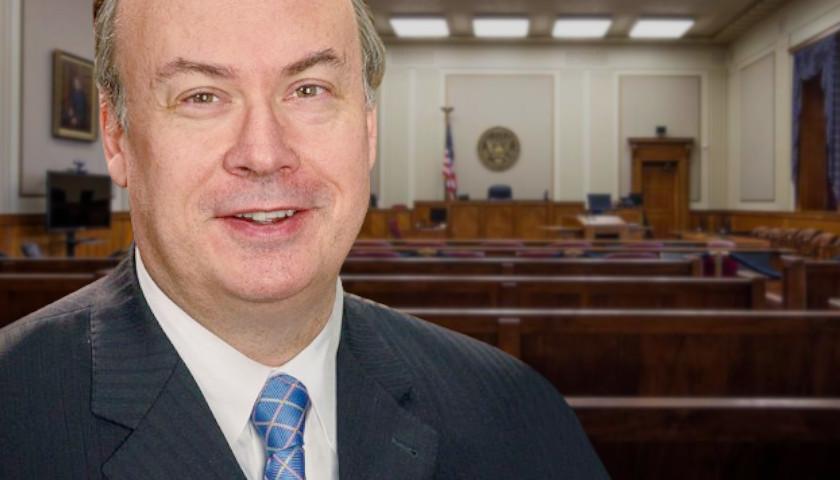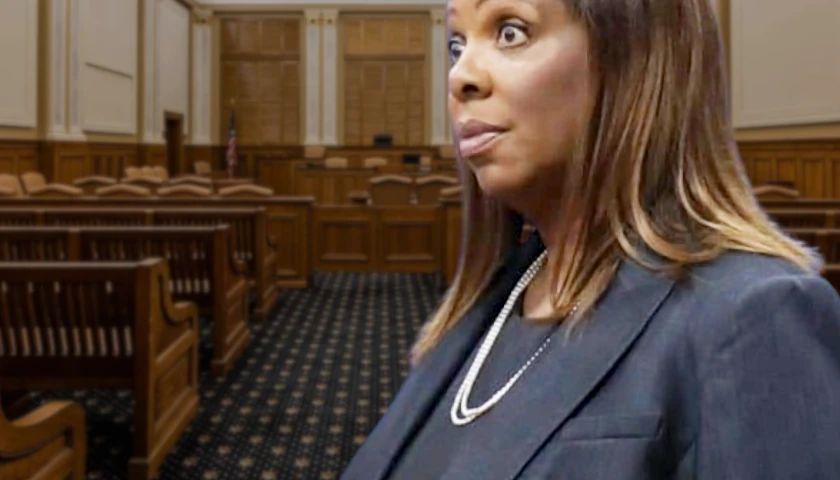by Benjamin Yount
Republican lawmakers at the Wisconsin Capitol want to stop local governments from paying people “just because.”
A plan at the Capitol, AB 146, would ban local governments across Wisconsin from using public dollars to pay for a guaranteed income program.
The plan’s co-author, State Rep. Amy Binsfeld, R-Sheboygan, told an Assembly panel last week there’s no need for governments to be paying people not to work.
“Currently in Wisconsin we are experiencing an extremely low unemployment, and a historically low labor-force participation rate,” Binsfield explained. “At the same time, employers around the state are begging for employees.”
A number of cities across Wisconsin, including Milwaukee and Wausuau, have talked about guaranteed income programs. But Madison is currently the only city in Wisconsin offering guaranteed payments to some families.
The city launched its Madison Forward Fund in September of last year, and had been sending 155 low-income families in Madison $500 a month. A recent report said most of that money went toward shopping and going out to eat.
Lobbying principals opposed to the bill include the City of Madison, the League of Women Voters, and the Wisconsin Council of Churches.
Binsfield said Wisconsin taxpayers should not be on the hook for those kinds of expenses.
“We should not be asking the taxpayers to fund another handout on top of the already taxpayer-funded benefits,” Binsfield said. “We especially want to make sure that our labor force is getting the workers that they need and doesn’t have to continue to beg on top of these programs.”
Madison’s program, however, would be allowed to continue under Binsfiel’s legislation because Madison is using private dollars.
[My plan] would not prohibit such privately-funded guaranteed income programs, like the Madison Forward Fund,” Binsfield said. “But it would prohibit that taxpayer money, and more dollars would be spent on such programs.”
The plan made it through the Assembly Committee on Local Government last week, it now heads for a vote in the full Assembly. If it passes there, lawmakers do not expect Gov. Evers to sign it into law.
– – –
Benjamin Yount is a regular contributor to The Center Square.







